
Why we’re living in an era of neuroscience hype
Editor’s note: This is great piece by a neuroscientist on why there is so much neuro hype and why we need to be cautious about the claims made on behalf of neuroscience.

Editor’s note: This is great piece by a neuroscientist on why there is so much neuro hype and why we need to be cautious about the claims made on behalf of neuroscience.
Editor’s note: This is a research laden article that shows there is no evidence to suggest Millennials want anything different from work than any other generation.
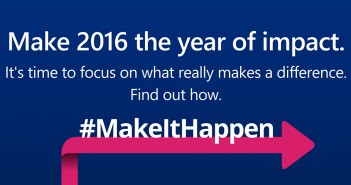
Editor’s note: This report from Towards Maturity looks at the changing nature of how we work and the implications for L&D.
Here are our Twitter highlights from the Chat2Lrn twitter chat on what L&D can learn…
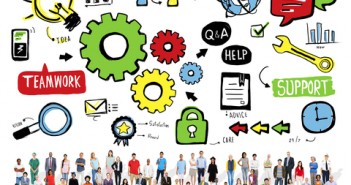
Editor’s note: Tim Drewitt presents a simple model of behaviours that support social learning, one based on openness, transparency, empowerment and sharing. This seems pragmatic and very positive. Is it achievable?
Editor’s note: New research suggests that running is the most effective form of exercise for the brain versus weight training and interval training.
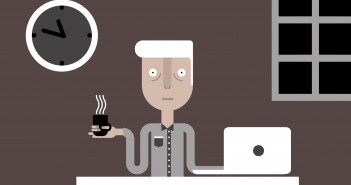
Editor’s note: According to Yoshie Komuro, the number of Japanese people who work overtime is higher than any other country, but the contributing value of each individual is the lowest among the industrialized countries.

Editor’s note: This question, posed by Jane hart, prompted much Twitter discussion and became the topic of an #ldinsight conversation. Here Jane Hart pulls out highlights from the responses.
Editor’s note: This piece is a couple of years old but nevertheless it is worth sharing and resharing as it includes more research to dispel the right brain, left brain myth.

In this new series of articles, Roisin Woolnough explores the TED Talk of Shawn Achor…
Editor’s note: I’m interested in the notion of digital wellbeing – what it is, why it is important, the opportunities it creates for individuals to flourish. Although this post is focused on education I think it serves anyone working in learning well by raising the issue of digital health and how we can enable colleagues to use digital tools in ways that don’t overwhelm them.
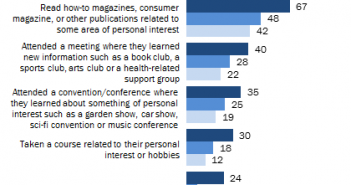
Editor’s note: There’s nothing here you won’t already know but I think it is useful to see the link between mobile phone and broadband access and access to learning. This data also shows adults’ increasing reliance on the web for gaining knowledge.
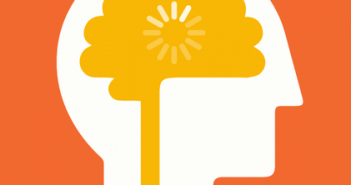
Editor’s note: A well balanced article on brain training games. The jury is still out on whether such games have any benefit on memory or cognitive function. But, that doesn’t mean to say there isn’t any benefit.

Editor’s note: In this article there are some good examples of how companies harness stories to improve customer experience. There is also a good example of how a leader used the ‘backstory’ to help colleagues understand his mission.
Editor’s note: Slack has been hailed as an email killer. But is it really? This article lifts the lid on Slack and how it sees the world, and the world of work. Interesting point about the fact technology reflects human behviours which then impacts on technology to deliver more open communication.
